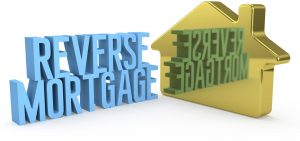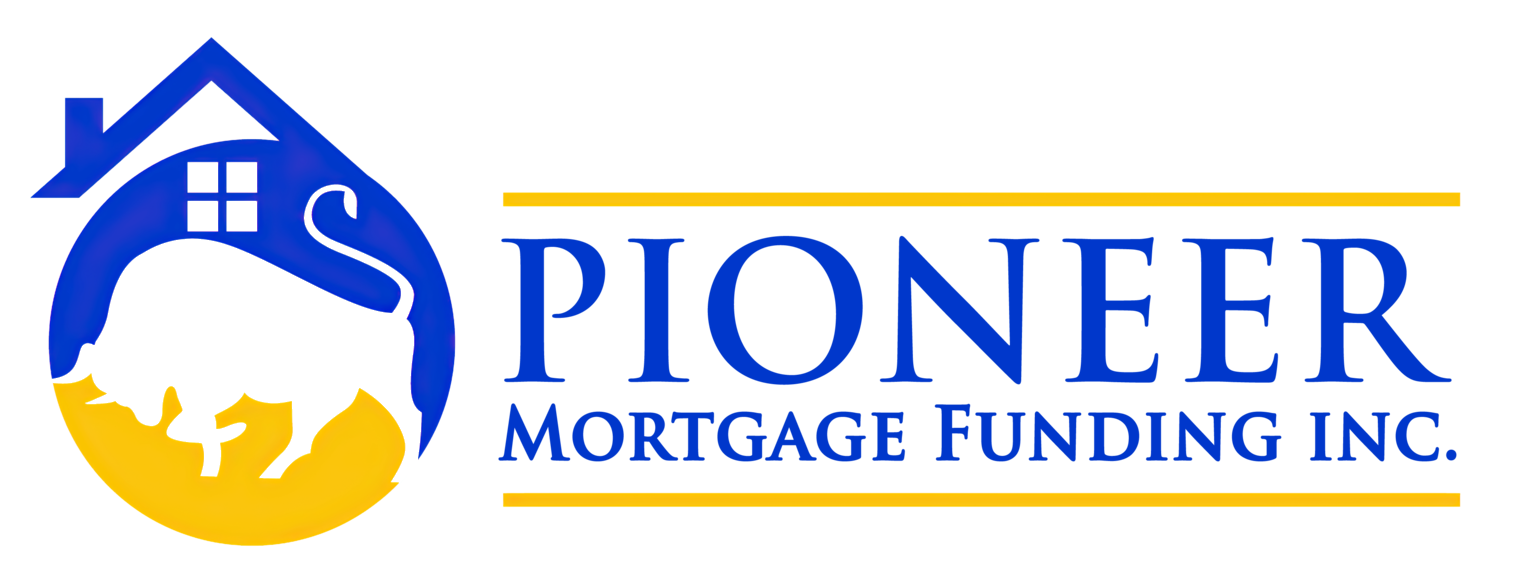
Improve your life by cashing in on your home’s equity
Whether seeking money to finance a home improvement, pay off a current mortgage, supplement their retirement income, or pay for healthcare expenses, many older Americans are turning to “reverse” mortgages. They allow homeowners 62 years and older to convert part of the equity in their homes into cash without having to sell their homes.
In a “regular” mortgage, you make monthly principal and interest mortgage payments to the lender. But in a “reverse” mortgage, you receive money from the loan and generally don’t have to pay it back for as long as you live in your home and continue to follow the loan guidelines. It is important, however, to keep in mind that payments for taxes and insurance still must be paid. The loan must be repaid when you die, sell your home, or no longer live there as your principal residence. Reverse mortgages can help homeowners who have a considerable amount of home equity and would like to stay in their homes and still meet their financial obligations.
Three Types of Reverse Mortgages
The three basic types of reverse mortgage are: (1). single-purpose reverse mortgages, which are loans offered by some state and local government agencies and nonprofit organizations; (2). federally-insured reverse mortgages, which are known as Home Equity Conversion Mortgages (HECMs), and are backed by the U. S. Department of Housing and Urban Development (HUD); (3). proprietary reverse mortgages, which are private loans that are backed by the companies that develop them.
Single-purpose reverse mortgages generally have very low costs. But they are not available everywhere, and they only can be used for one purpose specified by the government or nonprofit lender, for example, to pay for home repairs, improvements, or property taxes. In most cases, you can qualify for these loans only if your income is low or moderate.
Loan Features
Reverse mortgage loan advances are not taxable and may not affect Social Security or Medicare benefits. We recommend you speak with your benefits plan administrator and tax advisor for more information on how a reverse mortgage will impact your situation.You retain the title to your home and do not have to make monthly principal and interest mortgage repayments. The loan must be repaid when the last surviving borrower dies, sells the home, or no longer lives in the home as a principal residence. The borrower continues to pay all property related fees, taxes and insurance.
∗ These materials are not from HUD or FHA and were not approved by HUD or a government agency.
